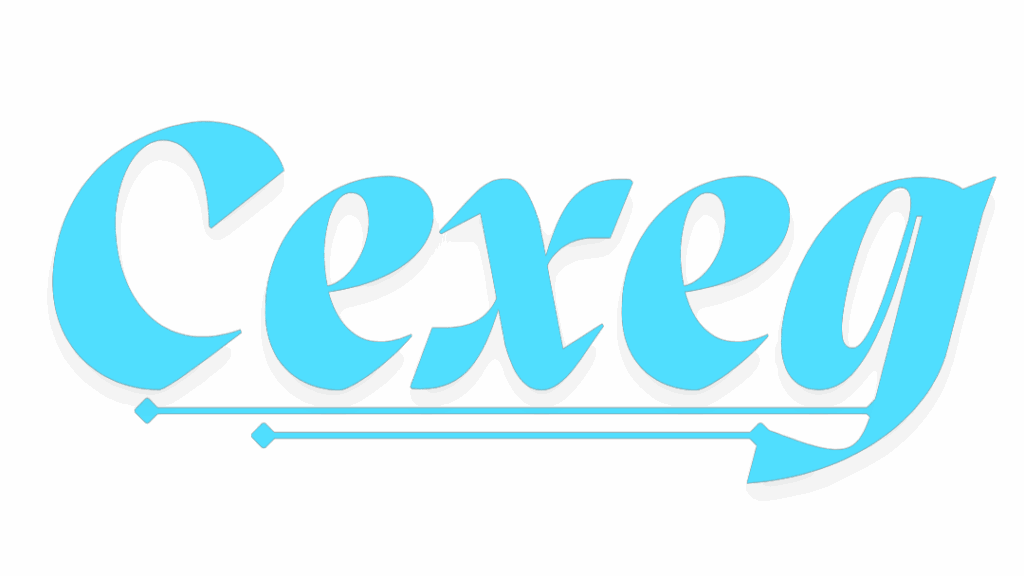Securing a loan can be a crucial step in achieving personal or financial goals, yet many applicants face rejection. Understanding the main reasons why your loan gets denied is essential in overcoming these hurdles. Knowing why loan applications get rejected allows you to better prepare and improve your chances of success when applying for future financial assistance.
A variety of factors contribute to loan refusal causes, often catching borrowers by surprise. Lenders may consider an applicant’s credit history, overall financial health, and current economic conditions when reviewing a loan request. By identifying and addressing these common loan denied reasons, you can enhance your application’s strength and increase the likelihood of approval.
Gaining insight into why loans are refused empowers potential borrowers to make informed decisions. It helps them navigate the complex process of securing funding and puts them on a path to financial stability. By proactively identifying potential issues, applicants can take steps to rectify them, thus minimizing the chances of encountering similar challenges in future loan applications.
Understanding Your Credit Score
One of the primary reasons loan applications get denied is a low credit score. Lenders use this score to assess your creditworthiness and the risk involved in lending to you. A low score can indicate past payment issues or high debt levels, prompting lenders to reject your application to mitigate potential risk.
To improve your credit score, ensure timely payments of all your existing debts and bills. Check your credit report regularly for errors that could be unfairly affecting your score. Even minor improvements in your credit score can make a significant difference in your loan application process and ultimately increase your chances of loan approval.
Aside from timely payments, managing credit utilization is crucial. This refers to the percentage of your total available credit that you are using. Keeping your credit utilization ratio below 30% can positively impact your credit score. A low utilization ratio signals to lenders that you are managing your credit responsibly.
Evaluating Your Debt-to-Income Ratio
A high debt-to-income (DTI) ratio can lead to loan application rejections. This ratio compares your total monthly debt payments to your monthly income. Lenders use this metric to evaluate your ability to manage additional debt responsibly, ensuring that new obligations won’t overwhelm your financial capacity.
Reducing your DTI involves either increasing your income or lowering your existing debt. Start by paying off high-interest debts and avoid taking on new financial obligations whenever possible. Demonstrating a stable or improving financial situation can reassure lenders of your capability to repay a new loan.
Stabilizing your income can also make a difference. Consider seeking out opportunities for wage increases or additional sources of income. Even a modest increase in income, when combined with reducing existing debt, can significantly improve your DTI ratio, making your loan application more appealing to lenders.
Assessing Employment Stability
Lenders prefer borrowers with stable employment history because it suggests reliable income. Frequent job changes or gaps in employment history may cause lenders to hesitate, as they can reflect instability or unreliability. Demonstrating consistent employment can significantly enhance your chances of securing a loan.
If your employment history is unstable, focus on building a more robust career path. Committing to one employer or industry can present a more reliable employment profile. Highlighting professional growth and job commitment in your application may reassure lenders of your financial reliability and potential for stable income.
For those with unconventional employment, such as freelancers or self-employed individuals, providing comprehensive financial documentation becomes crucial. Lenders may request tax returns, business statements, or bank records to assess income stability. Being prepared with these documents can effectively support your loan application.
Valuing the Loan Purpose
The intended purpose for the loan is a crucial factor for lenders. Whether your goal is purchasing a home, starting a business, or consolidating debt, being clear about how the funds will be used can influence the decision. Some lenders may favor applications that promise asset creation or debt reduction.
Potential borrowers should present a detailed plan explaining how the loan will benefit them financially. Clearly articulating your objectives and the intended use of the funds can project a responsible and forward-thinking attitude, making your application more convincing to lenders.
Moreover, understanding the specific requirements for different loan types is essential. For instance, a mortgage application demands different documents compared to a business loan application. By tailoring your application to the loan type, you can address lenders’ specific requirements and improve your chance of approval.
Addressing Economic Conditions
External economic conditions can sometimes lead to loan application refusals. During economic downturns, lenders may tighten their criteria, focusing only on applicants with strong financial profiles. Even applicants with good credit scores and stable incomes may face stricter evaluations due to broader economic uncertainties.
Applicants can prepare by staying informed about economic trends and anticipating potential tightening lending practices. By understanding the economic context, borrowers can better time their applications, avoiding periods when lenders are less willing to approve new loans.
It’s also beneficial to diversify your options. During restrictive economic periods, consider alternate lenders or financial products. Credit unions or community banks may offer more flexible terms than larger institutions. By expanding your search, you might find a lender more willing to work with you despite broader economic uncertainties.
Conclusion
Enhancing your loan application’s success involves understanding and addressing the key factors that lead to rejection. By improving your credit score, managing your debt-to-income ratio, showcasing employment stability, and clearly articulating your loan purpose, you can significantly increase your chances of approval.
Staying informed about economic conditions and exploring diverse lender options are also crucial. By proactively addressing potential issues and tailoring your application to fit specific lending criteria, you position yourself as a responsible borrower. Such preparation sets you on a path to achieve your financial goals with greater confidence.
